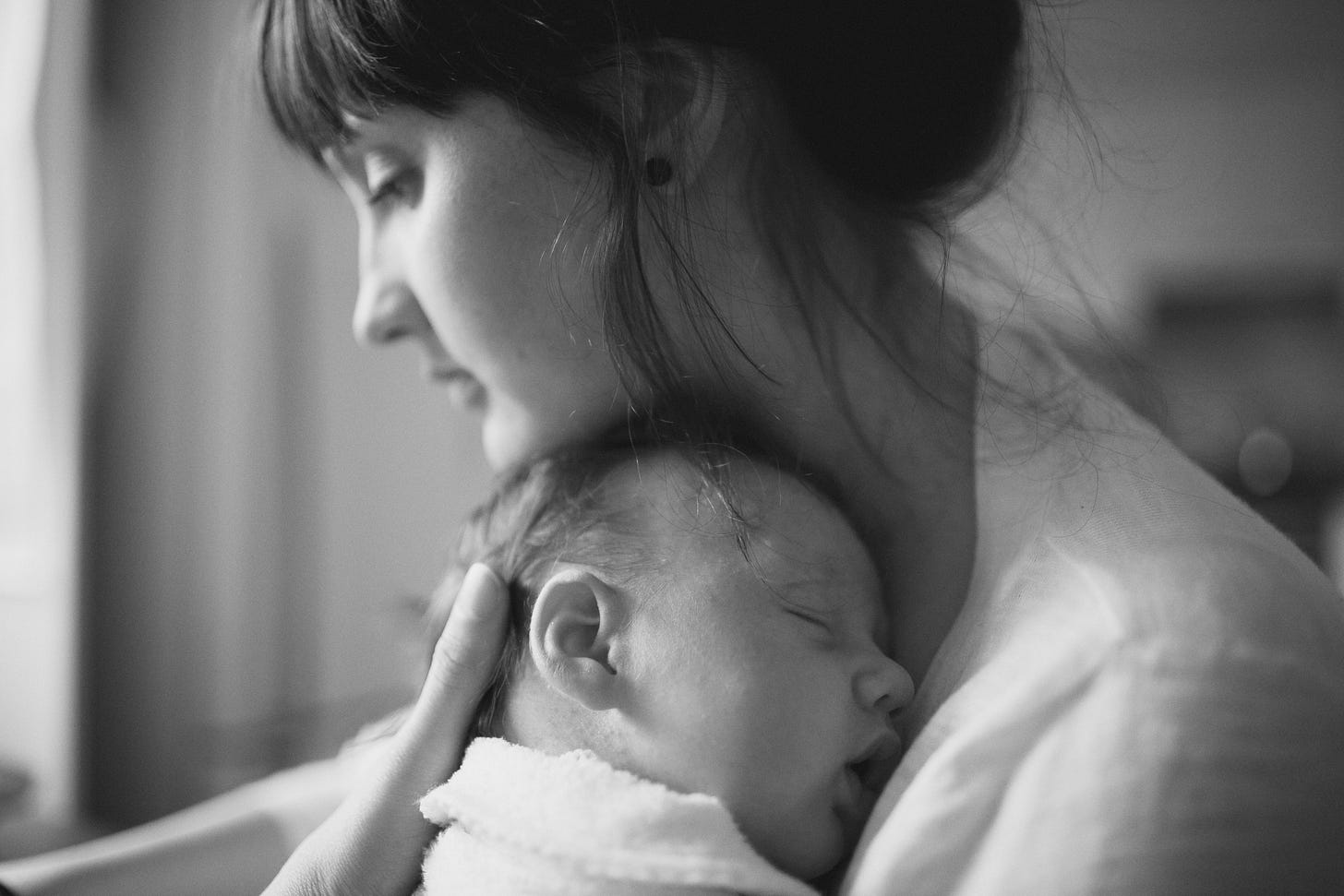cyclical care
a sliding doors/sheets moment
My new book — The Complete Guide to Postpartum - a mother-focused companion for life after birth — is on shelves July 1st in Australia, the UK and the US. For more mother-related letters, I write weekly over at Dear new mum .



